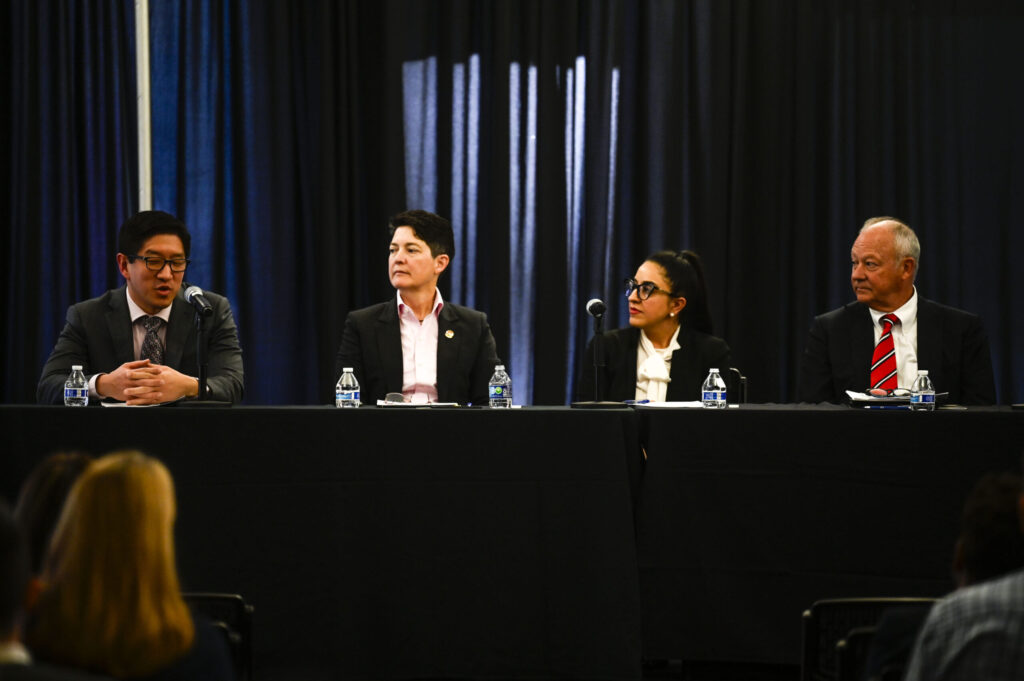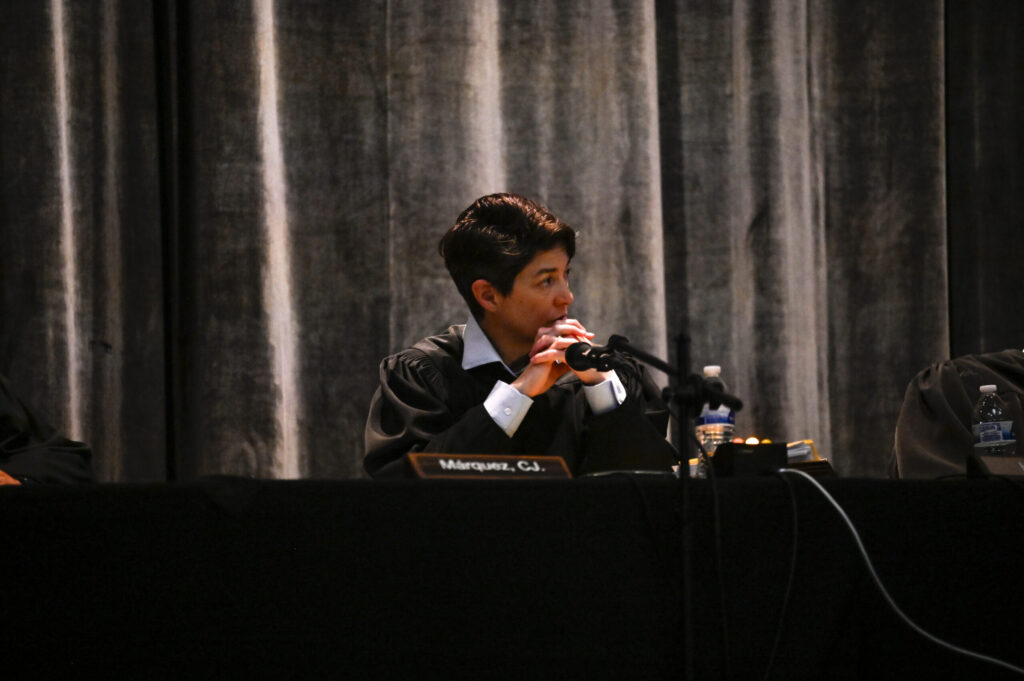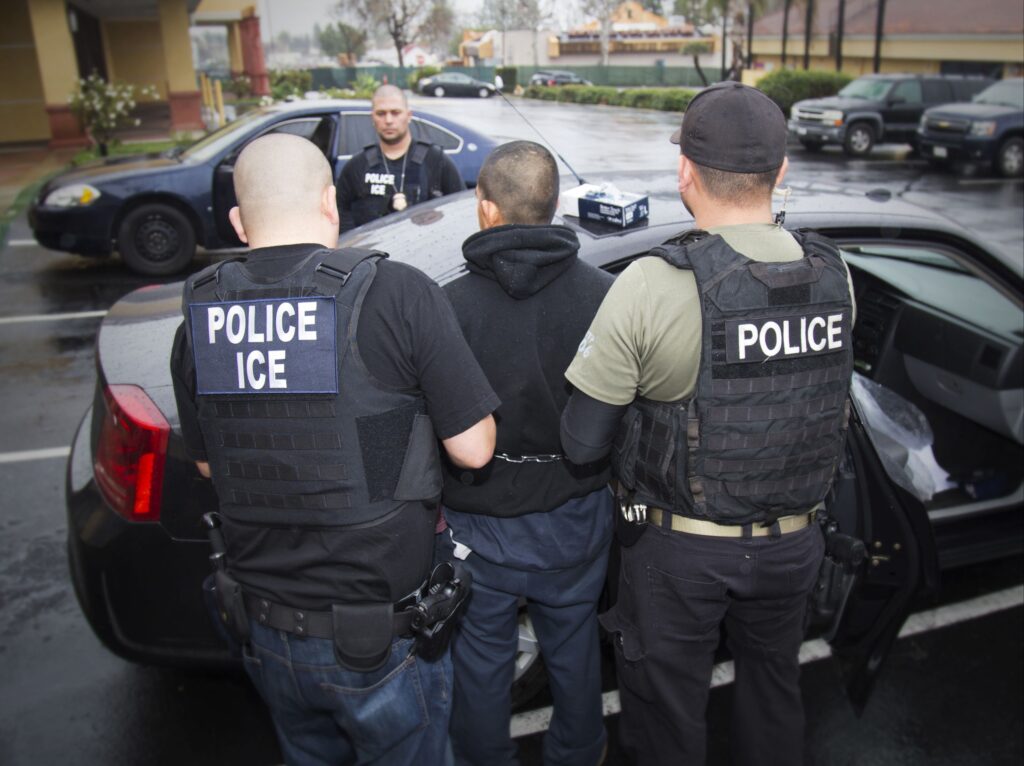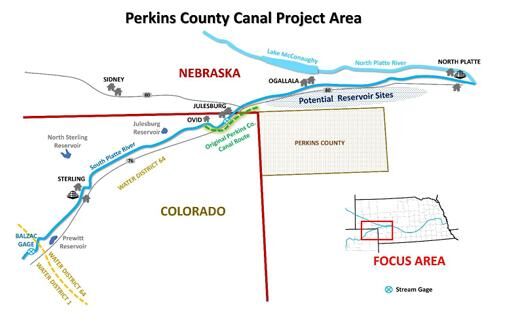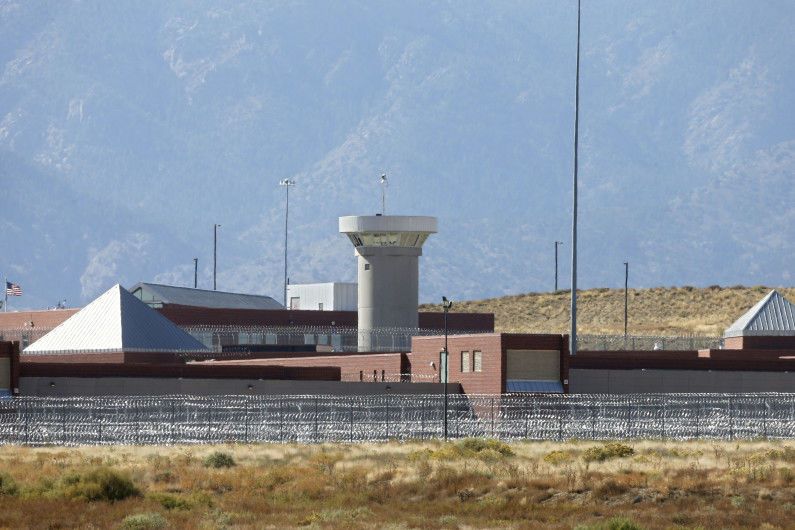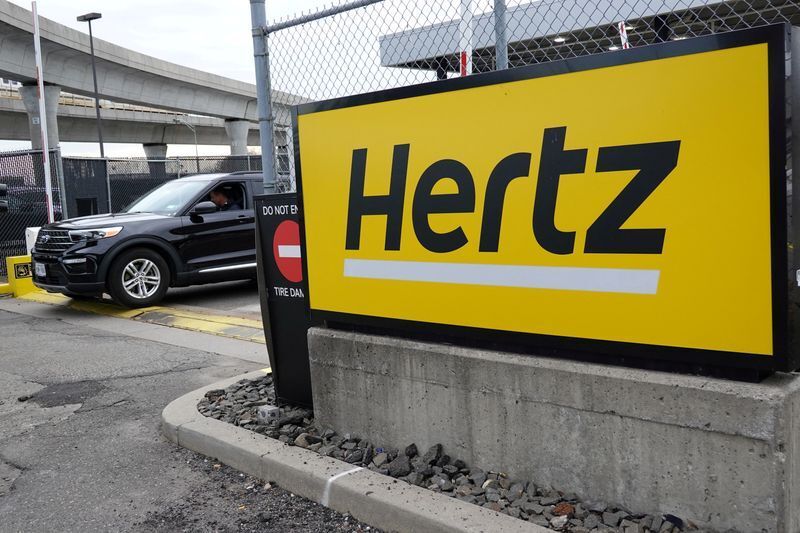Colorado Supreme Court weighs Amazon’s obligation to pay millions more in overtime

Members of the state Supreme Court heard on Wednesday that Colorado will be an outlier among all states if its wage regulations require companies to include incentive pay for time worked on holidays when calculating employees’ overtime compensation.
At the same time, the justices repeatedly returned to the text of the disputed regulation, which provides that the overtime calculation “includes all compensation paid to an employee.”
“Your argument has essentially been, ‘What part of all compensation for worked hours are you struggling with?'” observed Justice William W. Hood III.
“That’s essentially it,” responded attorney Victoria E. Guzman, who is representing Amazon employee Dan Hamilton in his class action lawsuit for millions of dollars allegedly owed to those who worked on company holidays.
Amazon countered that Colorado’s wage law and regulations are “silent” about how to treat holiday incentive pay. Therefore, it was appropriate to look to the law’s federal counterpart, the Fair Labor Standards Act, which does not require holiday incentive pay to factor into overtime compensation.
“There’s no way an employer could look at this regulation and somehow know Colorado intended to deviate from federal law,” said the company’s attorney, Jennifer S. Harpole. “Colorado would be a one-off outlier. There is no other state where that has to be done right now.”
Amazon pays workers time-and-a-half to work on company holidays. However, the company omits that holiday incentive pay from its calculation of employees’ regular rate of pay. Essentially, the regular rate accounts for all hours worked and wages earned at various pay rates to establish an employee’s average compensation per hour – which is the number used to calculate overtime.
Omitting the more highly compensated holiday work has the effect of lowering workers’ overtime pay.
Last year, U.S. District Court Chief Judge Philip A. Brimmer dismissed Hamilton’s lawsuit. He agreed Colorado’s wage law was silent about how to treat holiday incentive pay. Therefore, Amazon was allowed to follow federal law, which permits employers to exclude it from the calculation.
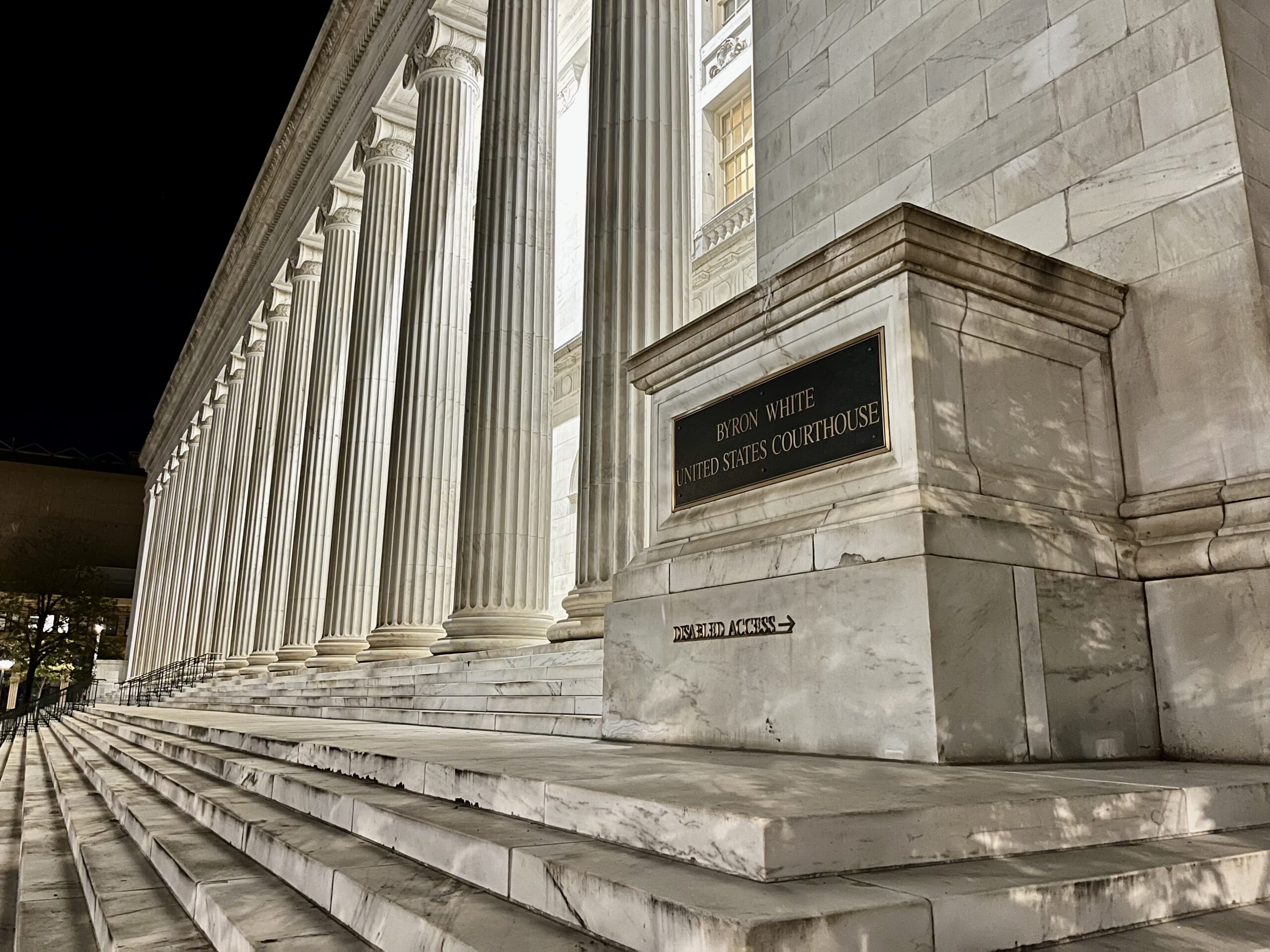
michael.karlik@coloradopolitics.com
Hamilton appealed to the U.S. Court of Appeals for the 10th Circuit, where a three-judge panel acknowledged Colorado law can be more protective of workers than its federal counterpart. It was unclear, however, whether Colorado required holiday incentive pay to be part of the overtime calculation.
Multiple judges during oral arguments appeared to believe it did, but for different reasons. Judge Harris L Hartz fixated specifically on the provision that “shift differentials” be included.
“Surely this is a shift differential, isn’t it?” he wondered. “I understand a shift differential to mean performing the same work, but you get compensated more because you’re doing it at an inconvenient time.”
Judge Nancy L. Moritz, meanwhile, focused on the legal requirement that the overtime calculation includes “all compensation” paid.
“You’re basically asking us to ignore the fact that the statute or the regulation says the regular rate includes all compensation,” she told Amazon’s lawyer.
Without the parties prompting them to do so, the 10th Circuit judges invoked a mechanism to ask the state Supreme Court for its interpretation of Colorado law. On Jan. 12, the panel formally invited the justices to answer whether Amazon needed to include holiday incentive pay in employees’ overtime calculations.

Before the Supreme Court, Hamilton argued the justices did not need to find holiday incentive pay is a shift differential. Rather, the regulations require all compensation to be included, and nothing exempts holiday incentive pay from that mandate.
Justice Melissa Hart pointed out the regulations do exclude “holiday pay” from the overtime calculation. However, Amazon’s own policies treat holiday pay and holiday incentive pay as different concepts – with holiday pay being given to employees regardless of whether they work on company holidays.
“Fundamentally,” responded Harpole, “I want you to look at (the regulation) and say it is silent about holiday incentive pay. Therefore, you may look to federal law.”
“I always find it curious that if Colorado intended to do the same thing as the (Fair Labor Standards Act), then why wouldn’t they just adopt exactly what the FLSA says?” interjected Justice Carlos A. Samour Jr. “It seems to me that when Colorado adopts language that’s different from the FLSA, it’s for a reason.”
Hood asked Hamilton’s attorney to respond to Amazon’s concern that separating Colorado from federal law and from all other states would be unfair.
“It does seem troubling that this could be characterized as a bit of a bait-and-switch, given norms nationally that holiday incentive pay is not typically included,” he said.
“I don’t think you need to look to what other states have done because Colorado is a leading state in promulgating new acts to provide rights to its employees,” replied Guzman.
The case is Hamilton v. Amazon.com Services LLC.




